#artist!calum
Text

— track 6 • carousel
#graphic design#music posters#5 seconds of summer#art#fanart#5sos#ashton irwin#ashton 5sos#calum hood#luke 5sos#luke hemmings#calum 5sos#michael 5sos#michael clifford#graphic poster#music#poc artist#artist support#5sos5 posters
84 notes
·
View notes
Text
real talk though how much of their success was facilitated by the fact liz hemmings sees 'child with adhd' and thinks 'future world renowned musician' and just invested so much love and time and money into nurturing not only her own child's ambitions but also these two kids he brought home from school and the table drummer from her year 9 math class of 2009
#she's one of my heroes fr#she believed in them so much#this is exactly what every kid growing up neurodivergent needs#and she's a teacher. she knows things!! it's not blind optimism#liz hemmings#5sos#5 seconds of summer#luke hemmings#ashton irwin#calum hood#michael clifford#neurodivergence#adhd#i'm not a doctor#neurodivergent acceptance fr#long before there was a mainstream conversation about it#some people just get it so instinctively and let's appreciate them!#disclaimer this post came almost entirely from thinking about ashton's artist friendly episode. i'm not here to armchair dx ppl#i chose to post it bc we can all do with thinking a bit about what we're seeing before we judge people for their adhd traits#or infantalise them or whatever and i think the fandom is ready#again i'm not here to say who does and doesn't have adhd i don't know that. but i do know its traits and i want to call them what they are
72 notes
·
View notes
Text

the 5 seconds of summer show
#5sos fanart#5sos#5 seconds of summer#luke hemmings#ashton irwin#calum hood#michael clifford#luke 5sos#ashton 5sos#calum 5sos#michael 5sos#fanart#my art#artists on tumblr
112 notes
·
View notes
Text

yup kinda what happened
#obviously 5SOS would be my top artist#I can’t stop listening to them#but I still looked surprise idk#5sos#5 seconds of summer#5sos5#luke hemmings#michael clifford#ashton irwin#calum hood#spotify wrapped#spotify
250 notes
·
View notes
Text


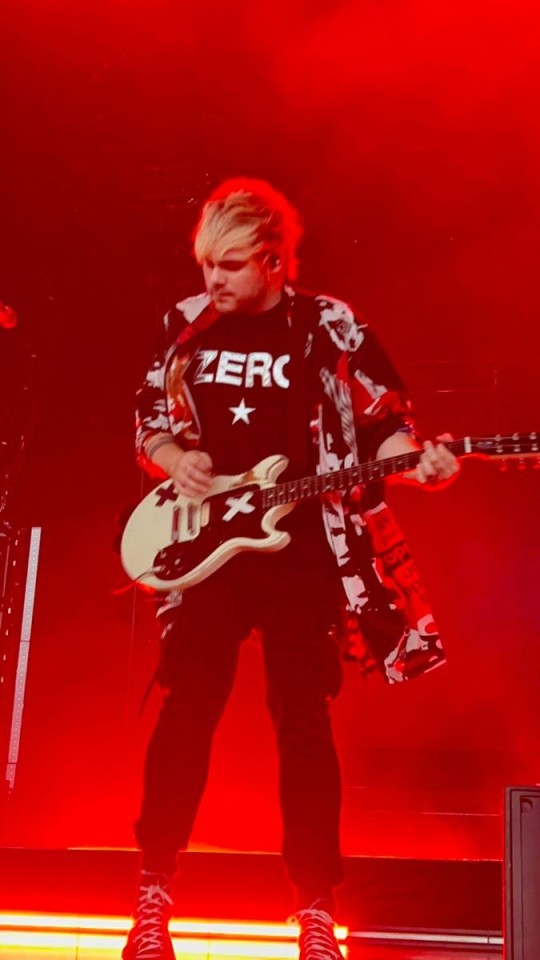


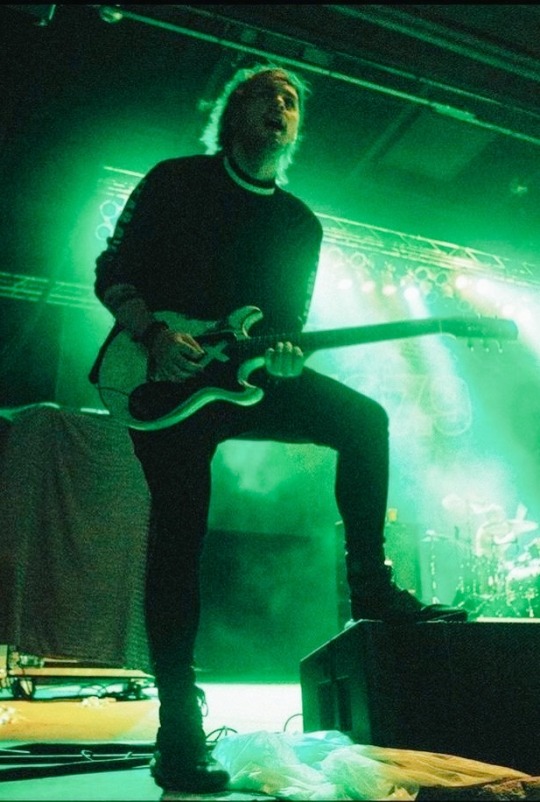
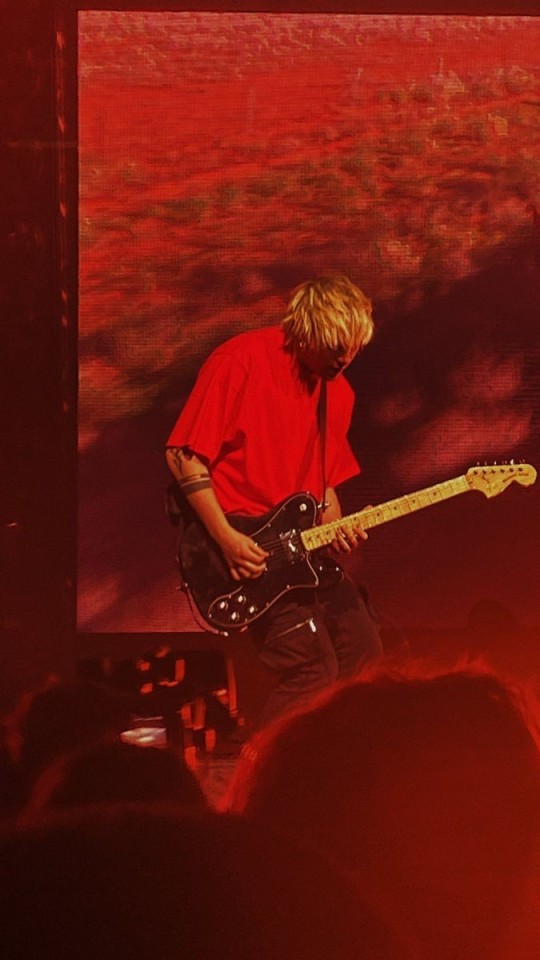
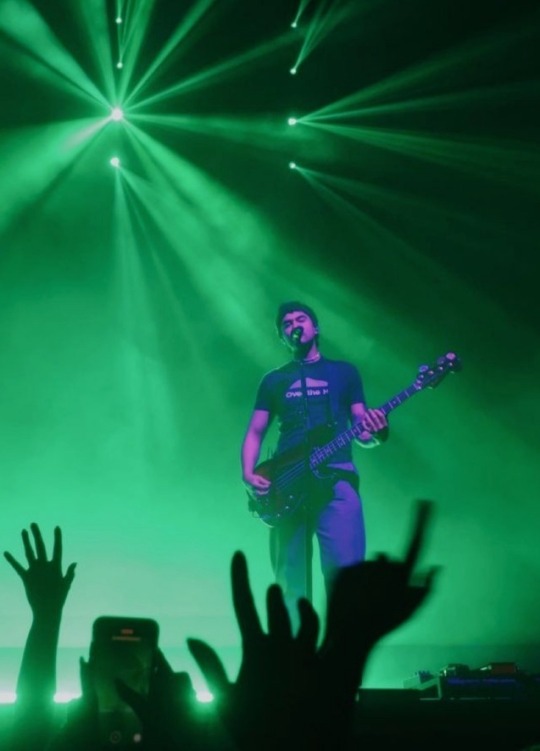

“i wanna know euphoria
green light, red wine, and I don't feel fine”
red/green + malum + phobia by nothing but thieves for @uservalentine
#5sos edit exchange#malum#calum hood#michael clifford#bente!!!!! this is for you!!!#you said you liked malum and red/green and nothing but thieves soooo i made this for you#i went looking for songs by the artists you mentioned for the caption and i found this one#perfect mention of red and green!!!!#i love your gifs so i thought i could make a couple to go along with the pictures#i hope you like it!!! happy holidays <3#and meg thank you for organizing this!!!!
173 notes
·
View notes
Text
the western sydney work ethic, mental health, burnout, inequality and ableism
inspired by ashton irwin on artist friendly with joel madden and 17902 sustainable urban development at the university of technology sydney
I’ve teased the idea of writing this post for a while now, and now I’m sitting in my borrowed bed in Sydney with the graphs and maps from my course still at the back of my eyelids and still processing the Vibes of catching up with my childhood friends and wondering if it’s too early to go to bed if the sun’s still up—it’s time to let it out. Because I found a bunch of seemingly unrelated things and put them together in a way that helped me process my upbringing and the way it’s positioned me as I go through life even now.
For background of this post, the Greater Sydney metropolis has a very stark rich/poor divide, where a large strip from the west going to the south of the city have been left behind in a variety of ways. In my uni course I see the maps on income, education level, job overqualification, crime, violence… they’re nice and set out, and they validate what I already intuitively knew—just like everyone who grew up in the area I’m going to refer to vaguely as Western Sydney. These graphs put words to something I’ve lived when I was too young to process it, something I hear the impacts of in 5 seconds of summer’s songs like I’ve never seen in any other art ever.
I know many people relate too and I don’t want to say you have to be from Western Sydney to get it. There are plenty of other places with similar trends, but this strip of suburbs, half a city, is where I grew up and the case study I’m going to use for the phenomenon I’m going to describe in this post.
Having spent the last decade and a bit in a more conservative, more sheltered area of suburban Brisbane, where people take it slow and at least attempt to have fun without getting completely wasted; where people have high expectations for their lives and livelihoods they never quite meet and where they’re the kind of emotionally aware that you hear all about how stressful that experience is: this was the backdrop of my teens and young adult years to this point. It’s where I learned about mental health and neurodivergence and ableism and where I really explored what faith and spirituality is to me. It’s where I never quite felt comfortable when people were too polite, where I poured all the belief they had in me as a gifted kid plonked into that environment I wasn’t native to into the delusion that I could deconstruct the unequal education system of their own creation if I only worked harder than anyone had ever worked before. Then they would finally listen. It’s where I tried and tried to get help for my mental health and wasn’t listened to either, not when I presented so well and was simply unable to unmask until I was unable to mask at all. Where the slightest bit of hope caused me to forget everything that was hurting me, making it a struggle to work through even to this day. where I wondered if I was some superhuman for the fact that I can work my ass off without even realising it’s hard work, a smile on my face and arms open for connection as always (the mark of health they say) while being desperately unwell, hurting, thinking I had it good compared to some of the people I’d see crumple under the pressure, I should be kind to them (not understanding why I found them so, so relatable).
I am not a freak of nature, or superhuman, though I am neurodivergent and twice-exceptional. I am the product of my upbringing and my ancestors. I carry generations of culture from hectares of foreign lands my ancestors made their homes on (ethically questionably in some cases I do acknowledge) and became part of the ecosystem of. It is, like most difference, a gift and a curse. Something that makes certain measures of ableism not apply to me, but creates others in their place. I’ll get into this more later.
in the strip of suburbs united by demographics we call Western Sydney, farmers from the notoriously difficult land of the Murray-Darling and immigrants from everywhere on the planet, some Indigenous but few Indigenous to Australia, make up classrooms, neighbourhoods, workplaces. Think I Am Australian by The Seekers, but just the verses, as a snapshot of some of the stories representative of the people. Interwoven in the landscape. We celebrated Harmony Day on the 21st of March in my primary school. Everyone had a different cultural background. We heard different languages spoken on the street. There were stereotypes. There were scared people trying to find their tribe, build a life in Australia, away from the larger scale farms, get their kids a good education to do a trade or go to university. Fear and angst and hurt coexisting with an appreciation of the juxtaposition of others you’d never head admitted out loud. But the second verse of the Australian national anthem was written just for us, or might as well have been. Beneath our radiant southern cross, we’ll toil with hearts and hands… google the lyrics, you’ll get it, you’ll see why I wish the rest of Australia did too: for those who’ve come across the seas, we’ve boundless plains to share, with courage let us all combine to advance Australia fair…
No one with the power to acknowledge this I interact with these days remembers the second verse. Except 5 Seconds Of Summer, in their ridiculous little promo videos, who I’d bet the rubble that’s left of my parents’ old house as the new owners turn it into a mansion because Gentrification, have no idea of what a meaningful gesture that is.
I can feel the wounds of being torn from the good parts of that experience closing over. And so it’s time to give the often forgotten stories on an often forgotten piece of land that made me and also these four wonderful humans who we are today, the credit it deserves. Start by telling our stories.
One thing I love about Artist Friendly is it cuts straight to it. Joel Madden is just incredible like that—in a world coming out of the 2010s pop decade of dancing while the room is on fire (bloodhound, 5sos) put your rose coloured glasses on and party on (Katy Perry’s chained to the rhythm) (these I would consider more analytical quotes of the era, one whose vibe was ‘forget all the pain in the world, let’s party and sing about how horny we are’ which for all my cynicism I did find fun)—he kept up his punk edge, kept investing in new musicians, searching for and investing in what’s real. He also really loves Australia, and when you put our underdog-supporting attitude next to Good Charlotte’s songs you understand why. Anyway, the episode pretty much opens by him asking Ashton about his background, and relating from the perspective of working-class-emotionally-unavailable/immature-parents-who-showed-their-love-through-provision-and-really-did-try-to-be-there-but-had-none-of-the-resources. I like the positive take. It’s high time we stop being classist and ableist towards the people who’ve met our needs as much as they were able, but it still wasn’t enough. Who taught us how to take opportunities, work to prove our worth, and through it all couldn’t even afford therapy.
I used to think my family was rich because we lived in Australia and my parents had gone to university. Never mind the fact that I was born when they were barely older than I am now. Never mind the mould in the walls or sneaky Tuesday night washing of the school uniforms in the summer when we got sweaty and there weren’t any spares or the mismatched bargain bin clothes we wore or the bedroom I shared with my sisters. I knew the people I compared us to. And now I do really believe if I’d grown up a bit less frugal or even a few k’s out of the area I did I wouldn’t be who I am. I wouldn’t have the perspectives I have, nor would this podcast episode have me feeling so seen. Like, yes I lived a bit further into the city than these guys, close to the train line without any farmland where the house values shot up seemingly overnight and meant the area I grew up in is experiencing a very weird disparity as two cities collide within it today. But we grew up in the same era in western sydney, we grew up loved and knowing that was a privilege and we grew up knowing from a very young age we had to spend our whole lives working hard if we wanted life to be manageable and we better be polite and better not ask for too much.
yet we also grew up with hurt. From the trauma we inherited from our caregivers as we encountered the attitudes and fears with which they faces the world. From what we saw our peers go through much too young to be able to draw boundaries with the empathy we felt too much of and understood nothing of. From broken family relationships that were all too common. From religion that hurting people used to cause or at least stagnate hurt instead of healing.
when I was burning out and struggling as an unrecognised neurodivergent I used to wonder why my father would place such value on the Protestant work ethic when Jesus died exactly so we wouldn’t have to strive. And I acknowledge that the PWE is harmful to many disabled folk or literally anyone who has experienced the demands of life and had their stress invalidated for it. Including myself. But never having the expectation of a life of ease and luxury? I do appreciate that. It’s given me a whole different metric for how I view life, one none of my friends except those who are from those years of my life understand. No one in Brisbane or my online international friends seem to get it. But I’m sure when you see yourself in this post, that some of you will (we might be the largely unheard minority but I’m sure we exist. Joel Madden is proof of that). It’s given me a differently calibrated emotional pain scale in many ways. Different standards for when the warning lights come on (and I’m very perceptive of angst and disappointment and always see them in others to be worse than they are because of it). And when I look at everything this band has accomplished, I know it’s the same for them.
I have spent a lot of time these last years advocating for neurodivergent acceptance. I’ve done so in a way that made sense of the decade previous, of existing in a world of inequality I’ve always been so sensitive to and of expectations that I took on as opportunities (because what else have I been trained to do)? And yet so much of it is about funding and resources. And when there isn’t that? You make room for my favourite thing ever: grassroots, unofficial but beautifully organic loving neurodivergent affirmation. Plenty of rural folks, my grandparents included, hate labels, prefer focusing on strengths and equipping young people based on those than accommodating difficulties. They’re often seen as conservative, bigoted, ableist, and some of them are. But they bring with them an important lesson about how to live with the realities of the economy that they struggle in too, too much to support someone else. They don’t have the same impossible expectations of their neurodivergent progeny and protegees and community members that many who hold in their heads an idea of perfection they hope to bring to their families do (the kind of things sometimes only a diagnosis can free someone from, and nothing from the memory and shame of) and that—that is an important attitude for all of us to have.
Some people are unconventionally neurodivergent affirming while knowing none of the terms, or maybe trying to hold off using them because of the same economic and confidence reasons I’ve tried to unpack. Some rely on simple kindnesses and explanations that centre around possibility, and go nowhere near deficit. Some people know intuitively or through hard life lessons themselves (usually the latter) the value of stripping all but essentials from the functionality of everyday life. Not making it any harder than it is.
Of course you can drum on the tables in math class. My son is a musician, I get how it is.
Liz Hemmings is the only valid neurodivergence parent—I’ll say no more, it is how it is
Sometimes when we advocate for things we have to be aware that the way the dominant in-power often wealthy culture has figured it out isn’t always the best way to do things. Environmentalism is a prime example of this. This is why we need brown environmentalism and to decolonise and listen to our Indigenous stewards and share power.
You can take a lot of lessons from a place that’s as culturally diverse as Western Sydney. And you can see how a work ethic is facilitated, rather than gatekept. You can see why Ash, when asked by Joel if he’s scared of every getting back to that life (ref to poverty) his attitude is actually one of gratitude and almost reverence for the place that shaped him, that brought the band together and everything that came from that point forwards. That shaped their attitude and birthed the grit that got them through being on tour with one direction and I don’t think he said it but in Ash’s case I bet the empathy he has for the fans and the way he just wants to connect and create a fun experience but also one where we’re deeply seen by moving songs is because he knows what it’s like for so many people. You can’t not if you grew up like we did. You can see why Luke at any chance will say ‘we’re from Sydney Australia’. It has a way of sticking to you, the rich culture that’s a patchwork of orphaned cultures, the way everyday life is like one of those adventures you emerge from with strong bonds usually only found in fantasy novels. You can see that the band is proof that those bonds exist in real life.
after a decade and a bit pretending I know what leisure is and how to have fun without Bad Angst I’m glad that this proof is still in my life. I’ve still got close friends from primary school and few can boast that (we might not quite be Calum and Michael in that regard, but they still have other friends from primary who they’ve kept in touch with despite geographical separation as I have).
Now I’ve acknowledged this and traced the strings that are much easier to see when my own life is mirrored in a podcast episode, maybe I can find the good among the cultural dysphoria in the circles I do have in Brisbane, and do value still for what they are even if they’re not quite the same. Now that I can see how a world of too many opportunities and not enough freedom can burn someone out who came from this background, with the type of brain that flourishes on being a latchkey kid and sketchy hangouts with deep conversations and questionable substances but crumples under expectation and too much choice and politeness, I can put my life back together in a way that validates who I am and where I come from, rather than what those around me tell me should be good for me.
as, I can tell by this interview, these guys have. I want to be able to talk about suffering without people acting like it shouldn’t be something we can comfortably say out loud, as Ashton does here and through music. My art isn’t quite the same, but the purpose behind it is so, so similar. I relate a lot to the importance he places on spirituality, even if I’ve tried to do something with Christianity that it, in the mainstream at least, isn’t built for and probably can only partially do on its own. Maybe the epitome of humility is being able to learn from other religions and see them as gifts from God even as, and I include Christianity here as well, anything can be dangerous if used in a way that it wasn’t meant for: anything with power to heal has power or hurt too. I’ve got so much respect for how Ash does it. I think this episode really cemented for me that, and I feel like it’s something we as a fandom don’t talk about enough because of their characterisation (and fair enough, if you’re famous you don’t want people dissecting every part of you, and I’m not going to do that just give a generalised compliment): these guys are so incredibly resilient and intelligent and invested in creating healing and they’re really fucking good at it. They might present themselves as goofs with one braincell that create bops and fan over other celebrities as if they themselves aren’t famous too, but so much of that is humility and them baring themselves in ways that are sustainable and really emotionally mature (for the most part) to be relatable to us as fans and invest in making that connection genuine. They’re not pretending, because they understand how it is to be human.
and you don’t get there by being some sort of Untouchable Philosophical Genius Figure. you get there because you’ve lived in community and you’ve survived hard things because of other people who’ve done similar and created authentic art too. You get there often because you have to: because putting on a fake show and doing stuff for likes and popularity was never going to work and will only screw you up in the long run and you’re worldly enough to see that from a young age and learn from your own intuition and empathy and experiences. You get there because you lived your whole life being resourceful and being street smart and doing what it takes to make good decisions and invest in yourself (who else do you have who’s worth more than that) and your future. Doing what it takes to make sure you’re alive to learn how to do better at things you’re behind in that might keep food on the table in the future, because there’s none of that oh-it-won’t-happen-to-me attitude. That part is very sustainable which I love. I also really really relate to it and have found it something I would get complimented on when I was younger, too young to be so mature. But I never attributed it to myself. I knew somehow, abstractly, I was disabled and nearing my limit and everything I do I did so I could survive. It’s the western Sydney work ethic.
and yet this often beautiful phenomenon has its ugly side. If you know you’re neurodivergent even without the words—more often than not the only people you see who you relate to are those who didn’t make it, who fell off the horse of functionality and into things like addiction and other things that exacerbate the inability to empower yourself. You figure that when you’re honest with yourself you’ll be dead by 25. Sometimes you give up on trying to prevent that and wonder if it’s even worth it to attempt to keep going: is your life really worth that effort?? What I’ve described is a combination of the experiences of many people I know, aspects of it are mine, and aspects mirror things I know these guys have mentioned about themselves (I’m going to leave it at that vague level of detail). You wonder why people believe in you, is it only because any other option is unmentionable? But what if you let them down like you know (fear) you will? And burnout is the epitome of this: the need to let go of trying. And without a decent amount of privilege it’s impossible to return from.
I’ve been there and scrounged at straws of privilege I do have, pretending I’m doing my job to the level that others expect while letting go of every expectation I have on myself. Still problem solving outside every box on how to get back on my feet because I know nothing else, radically accepting that I might not and whittling down all my needs in life to the most essential, that I might still survive even at my limited and diminishing capacity. While always relating to those our society sees as failures. I’ve borrowed from other cultures that aren’t my own to have a stubborn sense of worth while trying to keep afloat in a society and economy that says it’s conditional. My spirituality comes in here, as do my problem-solving skills: again, maybe this culture fears burnout more than anything, but maybe it has half a toolkit on how to get out of it. Only half. I have to pair it with what I learn from others too.
and even through that, I’m immensely privileged to have savant skills and a generally able body. Just like when you make it big as a musician you’re privileged by that. Against a backdrop of I’m-nothing-special. I’ve always struggled with questions of my felt worth, because I’m so conscious of my privilege and ability that sometimes I get the two muddled (though I know my ability doesn’t define my worth in things I do poorly at, and my persistence technically doesn’t either but I’ll be damned if I don’t try and try and actually find doing badly more validating of how I see myself than when I do well, so I chase it again and again, my dad is the same, it’s what makes us so adventurous). I understand the consciousness of things that are going well not lasting, and pouring creativity for new ventures into things like selling candles. Instead of letting achievements make me believe I’m someone more important than I am, using them as ways of giving myself space to do whatever’s next, dial off the pressure a little bit.
I understand appreciating others’ sensitivity and the social capital they bring everywhere rather than their material wealth or achievement and when Ash praised Calum for that and said it made him look bad I felt that. Both the experience of being that counter-cultural person who doesn’t give a shit about money but values connection so, so much more (and from all I’ve written, you can see why, can’t you) to still never being able to be as good a person as I see the need for in the world.
I understand missing family and constantly grieving that, as I weigh up the city of my childhood with the friends and culture I love versus the city of my youth with my feathered family who are my children and who I hate to miss birthdays of and the like, same goes for my sisters and parents and grandparents, the way Ashton, the only band member with younger siblings, hates missing all their milestones too. I feel privileged that Brisbane and Sydney are so close to each other and nothing in my life is as far as Los Angeles. I understand the nostalgia for Sydney. This whole post is proof of it.
I understand the unbreakable bonds between people who make this kind of art together. I understand putting disagreements on the back burner and realising the connection through writing is so much bigger and the connection can overcome whatever is going wrong. Heck, I feel privileged to understand and relate to how such brilliant brains work (nature: neurodivergence I won’t go any further into as well as nurture) as well as the environment that made them what they are.
all my life I’ve longed for that kind of community and connection I’ve seen largely in fiction, sometimes between people in real life. And I think having written this analysis (it’s taken me til my bedtime or later) I do have all the ingredients there. All the ability to make it, both in the practical way I relate to and am there for my friends and whatever I do in my silver bridges tag. In the neighbourhoods I eventually design that foster communities with all the good parts I’ve described but without the inequality and minimal poverty and hurt and violence. To everyone who’s shown me these things in myself that are so worth working for and I know I’m not savantly immediately good at, I am so so incredibly grateful. the city as a whole. My family and friends. The celebrities I grew up nearby and those who invest in people like them. People like me. May I keep investing in people: people like you. because what is humility but knowing there’s always something to learn, and what will bring all of us forward but learning it and putting it into practice in love and empathy that drives a grit that no amount of striving for striving’s sake can manufacture?
#western sydney#western sydney work ethic#neurodivergence#burnout#personal mental health tag#ashton irwin#artist friendly interview#5 seconds of summer#calum hood#luke hemmings#michael clifford#5sos#community#urban design#growing up poor#I did a big analysis and I will do this again#5sos5 city#silver bridges#neurodivergent liberation
20 notes
·
View notes
Text
*can be multifandom, just not a “personal” style blog or a blog that posts 90% of a different fandom! idk if that makes sense but in my head it does
#5sos#5 seconds of summer#luke hemmings#calum hood#ashton irwin#michael clifford#5sosfam#favorite artists#spotify wrapped
17 notes
·
View notes
Text
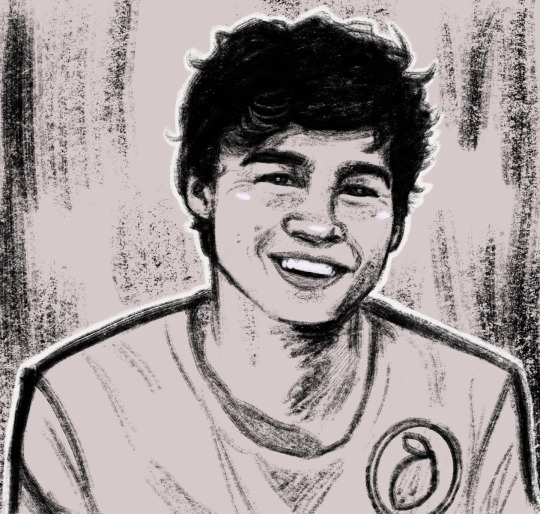
Friendly little Calum for practice with dry brushes —1hr I’m actually super happy with it
#art#artist#digital art#drawing#digital artist#artists on tumblr#sketch#digital painting#digital drawing#doodle#painting#comic artist#queer artist#fanart#sketchbook#illustration#portrait#calum hood#5sos#5 seconds of summer#5sos fanart
54 notes
·
View notes
Text

living for the makeup updates 🥹
#we’re so lucky#my favorite makeup artist#luke hemmings#lukecore#lrh#ashton irwin#afi#5sos#calum hood#cth#michael clifford#mgc#lashton blog#bottom luke blog
19 notes
·
View notes
Text
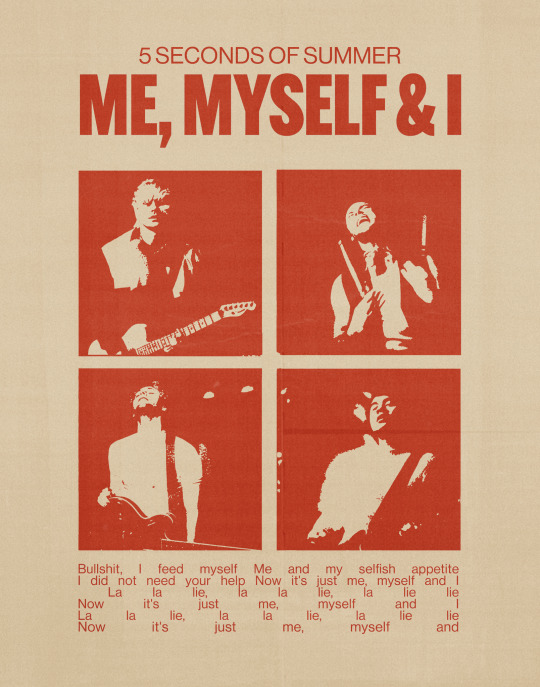
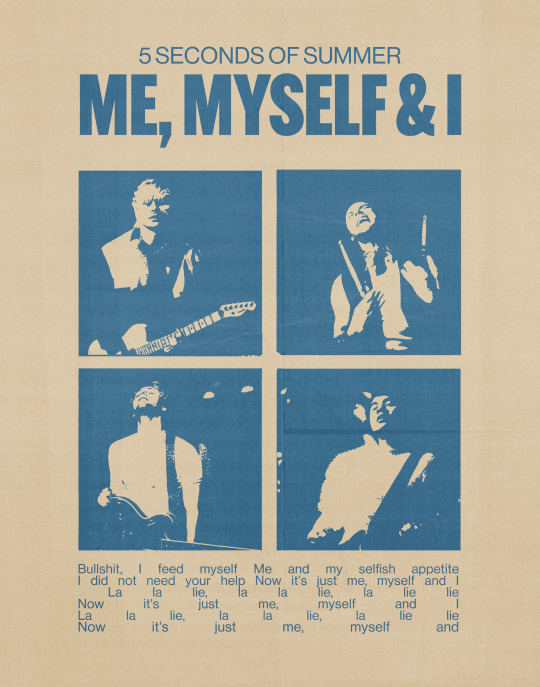
— track 4 • me, myself & i
#graphic design#5 seconds of summer#5sos#ashton irwin#music posters#art#ashton 5sos#calum hood#fanart#my projects#merigoldesigns#5sos5 posters#calum 5sos#luke 5sos#luke hemmings#michael 5sos#michael clifford#artists on tumblr#poc artist#artist support
63 notes
·
View notes
Text
I’ve gotta say in the fandom world the tag bad omens has to be crazy. an american metal band meets a poprock emotional upbeat ballad by an australian band who are kinda pop punk when they feel like it. if I were bad omens I would do a cover of bad omens just to be a meme but also because I would love to hear what it sounds like in their style
#bad omens#5sos#5 seconds of summer#5sos5#ashton irwin#luke hemmings#calum hood#michael clifford#i should tag the members of bad omens here maybe if I’m attempting to do a proper cross fandom post#metalcore#pop punk#need to check the artist list for wwwyf to see if they were both there#if anyone knows please tell me in the comments/tags
8 notes
·
View notes
Text
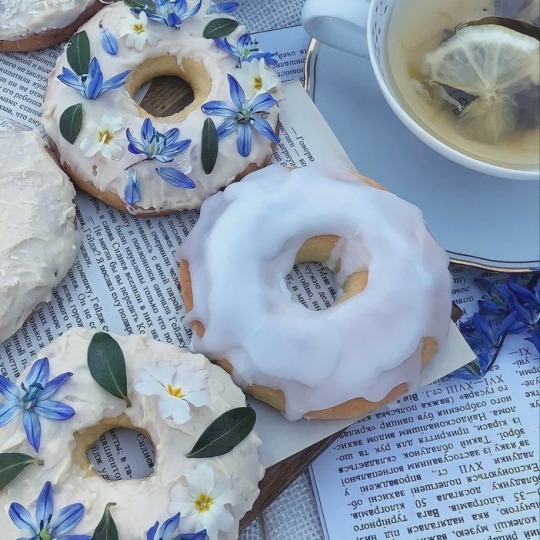
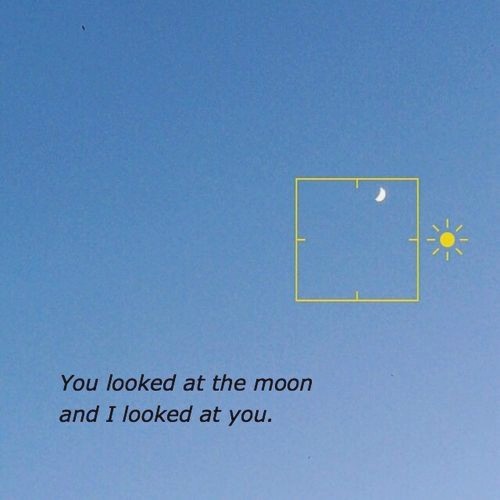
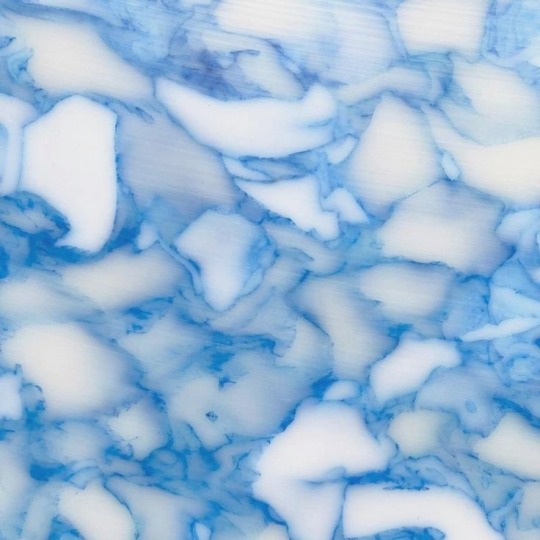
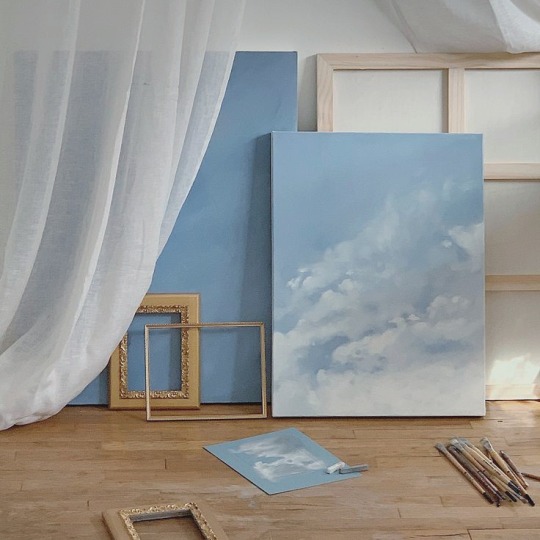
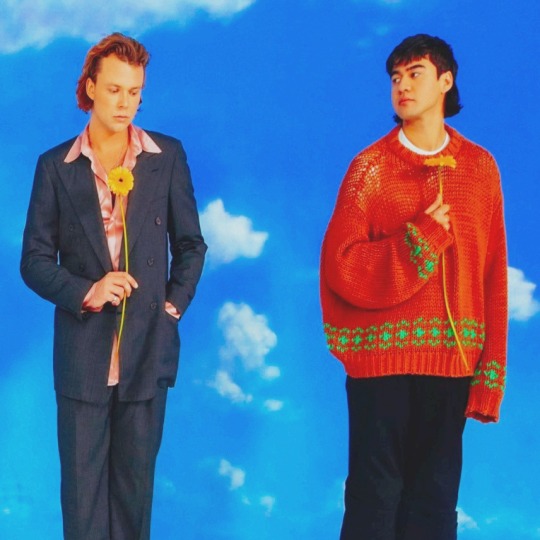
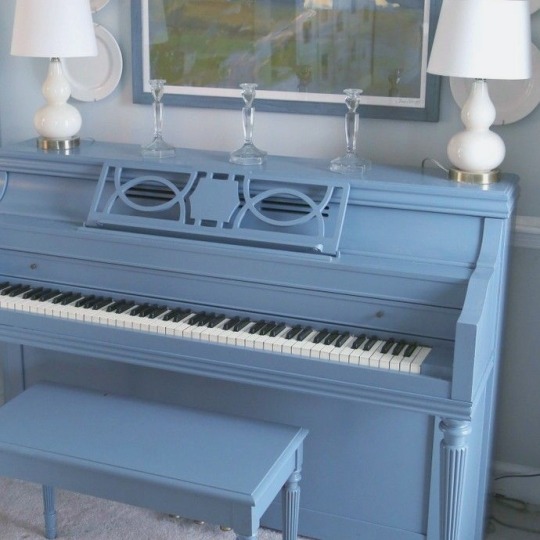
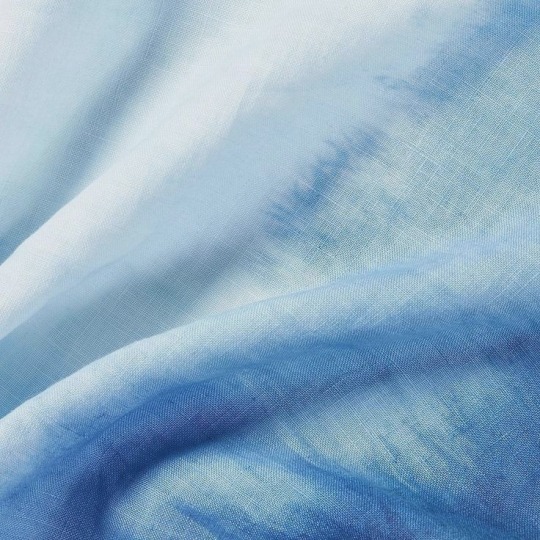


“I would never fall unless it's you I fall into”
#idk just wanted a little star crossed lovers here with some blue#ashton's an artist calum's a pianist that's about how far i've got#cashton#5sos#5sos moodboard#aesthetic moodboard
58 notes
·
View notes
Text
5sos goes live while on stage ergo majority of my screenshots are just luke’s ass.

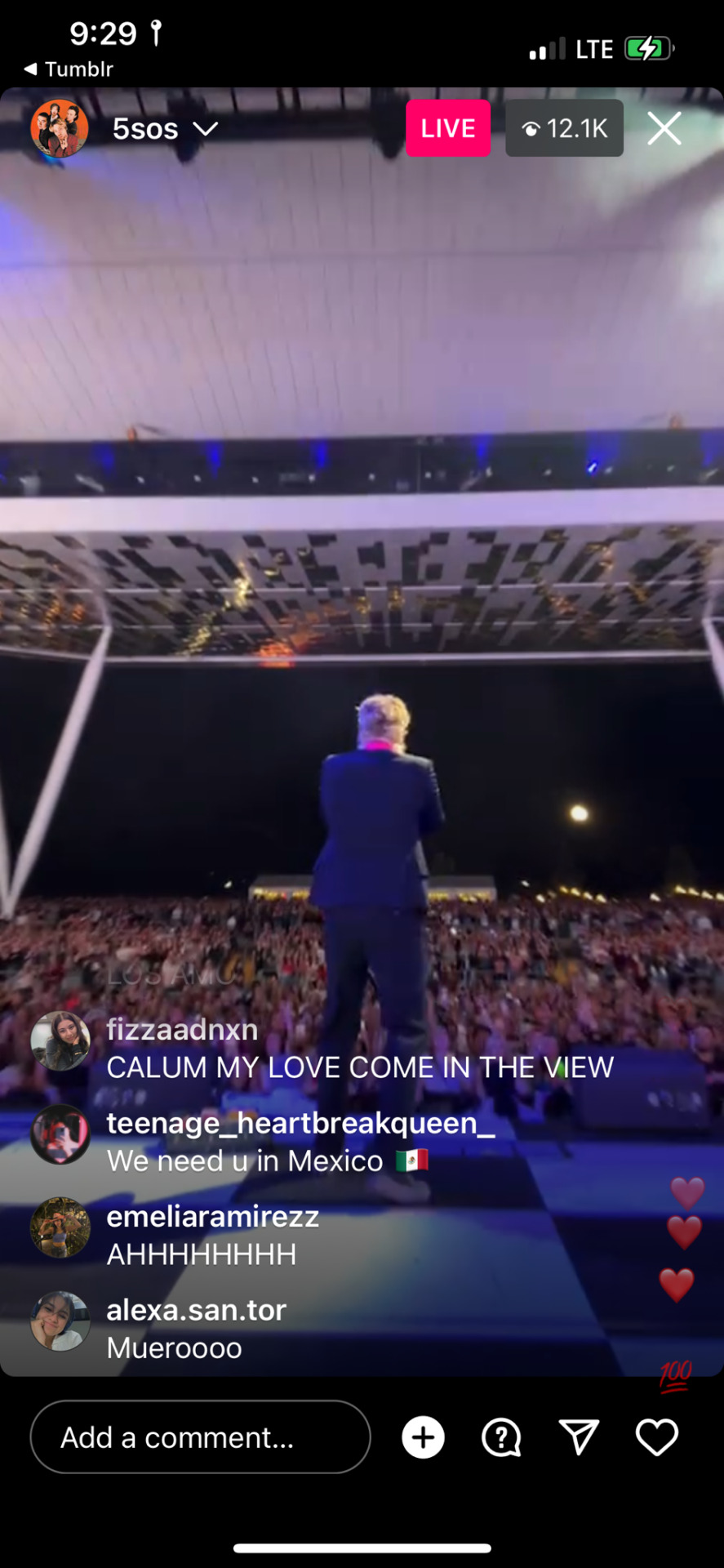




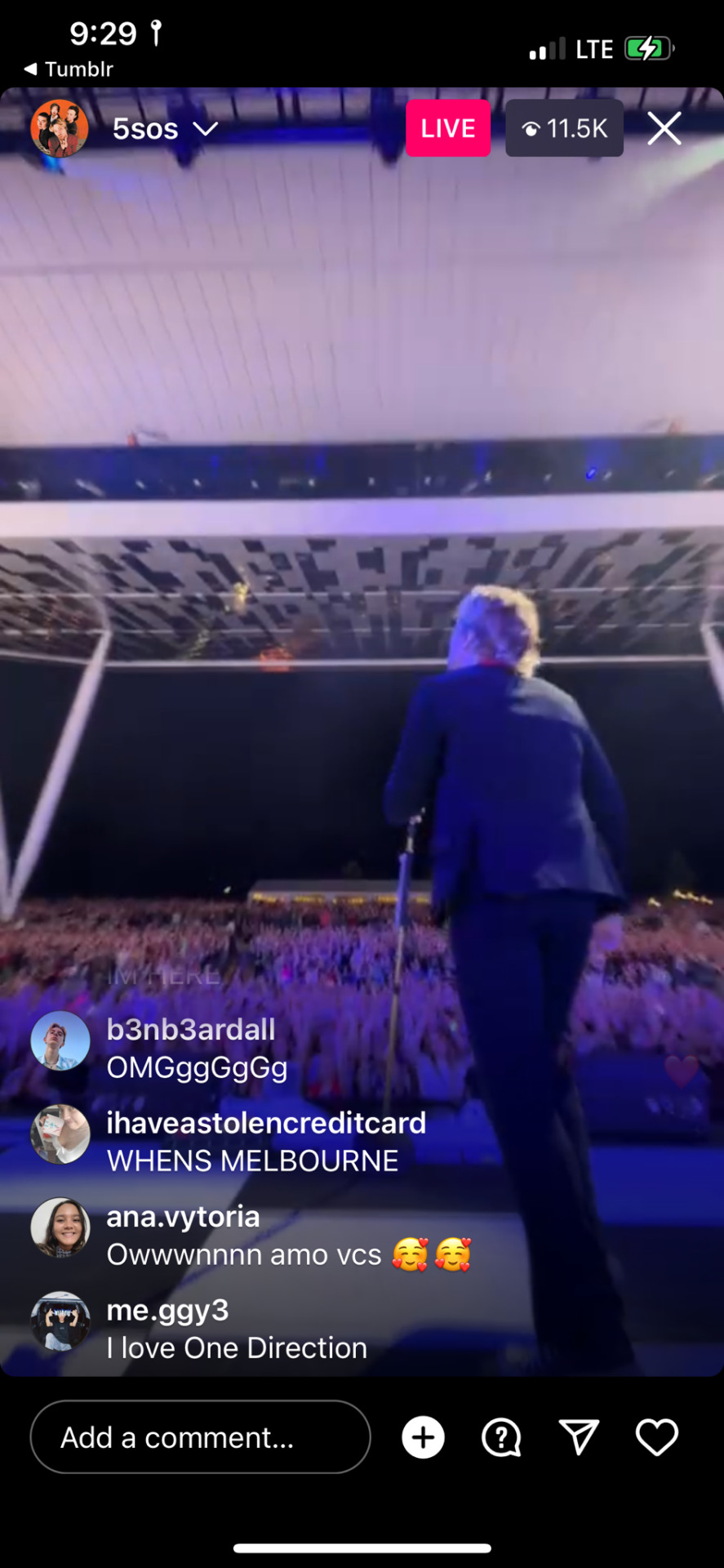

#it lasted 4 minutes and ended b4 the dice throw. wtf are they up to????!???#maybe being a swiftie has just made me paranoid about artists going live while still performing#yah that’s gotta be it#5 seconds of summer#5sos#luke hemmings#calum hood#michael clifford#ashton irwin#the 5 seconds of summer show#the 5sos show#the 5sos show tour#ali’s thoughts & opinions 📼
11 notes
·
View notes
Text
Day 60
Cat in Pikuniku
His name is Calum

#daily cats#cat#poorly drawn cats#cats of tumblr#low quality#cute cats#cats#funny cats#artists on tumblr#black and white cat#black and white#white and black#pikuniku#pikuniku fanart#calum bowen#devolver digital#indie#indie games#indiedev#indie platformer#puzzle platformer#platformer games#pikuniku art#fanart
7 notes
·
View notes
Photo
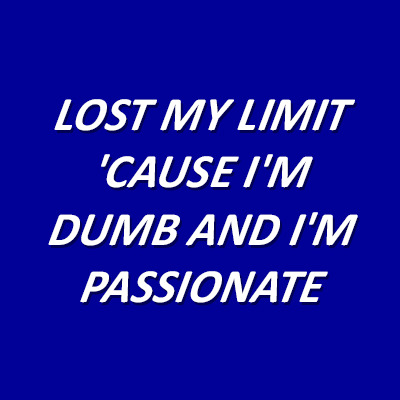
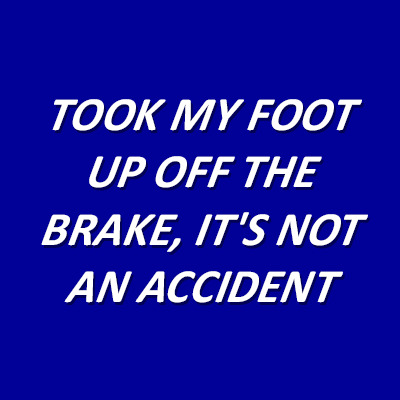
lyricallymnded’s end of year celebration! | nikki’s favorite songs released in 2022
you don’t go to parties // 5 seconds of summer
#lyrics#5 seconds of summer#calum hood#song: you don't go to parties#album: 5sos5#artist: 5 seconds of summer#nikki's 2022 favorites
22 notes
·
View notes
Text

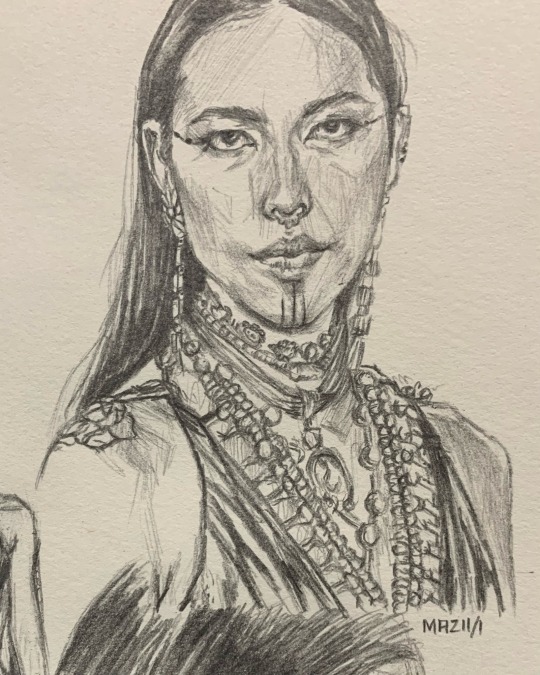
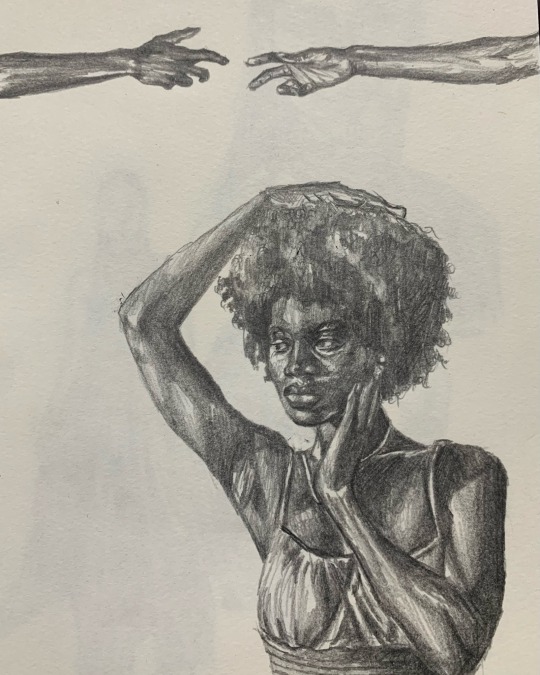


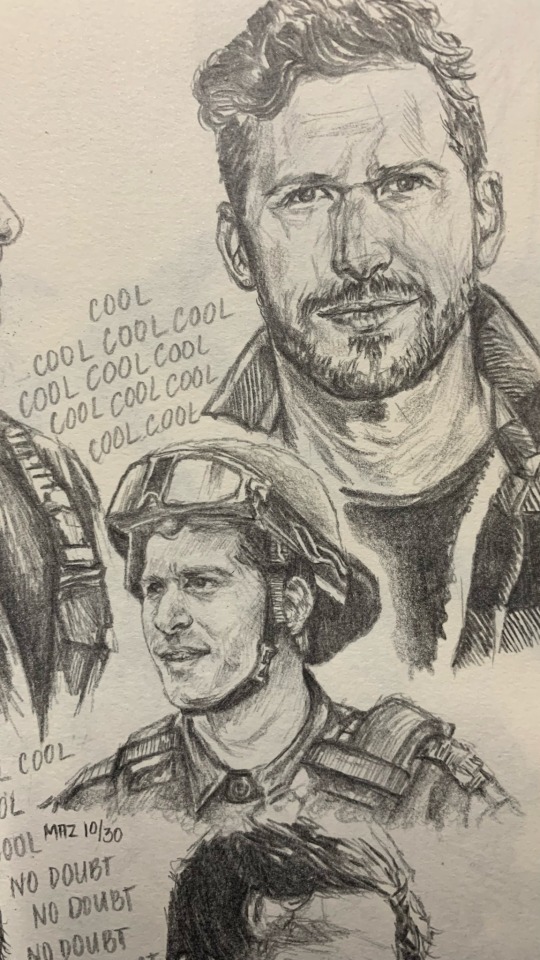
some portrait sketches done in colored pencil & graphite
#portrait#art#my art#studies#sketches#artists on tumblr#colored pencil#traditional art#fanart#rina sawayama#quannah chasinghorse#calum hood#5sos#andy samberg#graphite#pencil sketch
85 notes
·
View notes